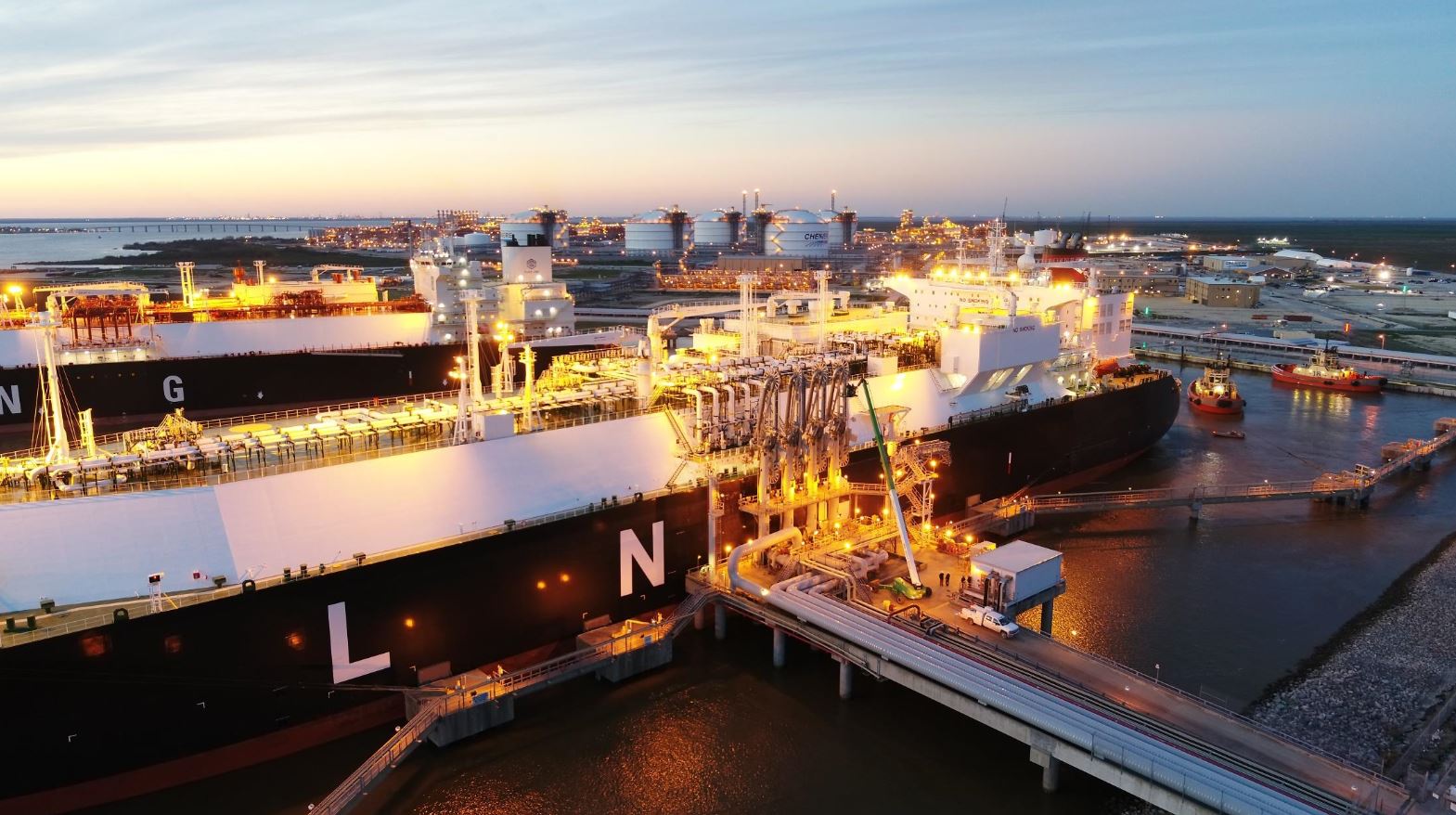The United States exported less liquefied natural gas cargoes in the week ending June 3 when compared to the week before, according to the Energy Information Administration.
The agency said in its weekly gas natural gas report that five US terminals dispatched ten LNG cargoes between May 28 and June 3.
The total capacity of the LNG vessels carrying these cargoes is 36 billion cubic feet.
This compares to twelve LNG ships with a combined capacity of 44 billion cubic feet the week before.
Cheniere’s Sabine Pass plant in Louisiana shipped four cargoes while additional two cargoes left the company’s Corpus Christi terminal in Texas during the week under review.
The Sempra-led Cameron LNG facility shipped two cargoes while the Freeport terminal in Texas and Dominion’s Cove Point plant in Maryland exported one cargo, each.
The Henry Hub spot price rose from $1.72 per million British thermal units last Wednesday to $1.77/MMBtu recorded this Wednesday.
Natural gas deliveries to US LNG export plants eased to 5.3 billion cubic feet during the week under review from the 5.9 Bcf/d recorded the week before, EIA data shows.
The agency said last week that feedgas volumes to US LNG plants dropped to the lowest levels since October 2019.
The volumes declined to 5.6 Bcf/d on May 24, and averaged 6.7 Bcf/d from May 1 through May 26.
Recent reports suggest that buyers have canceled dozens of US LNG cargoes due to global demand destruction hit by the coronavirus pandemic.
EIA said that feedgas levels to LNG export facilities and export volumes reflect a decline in seasonal demand as well as coronavirus-related demand drop in major markets.
This lead to historically low global LNG spot prices reducing economic viability of US LNG exports, the agency said.

